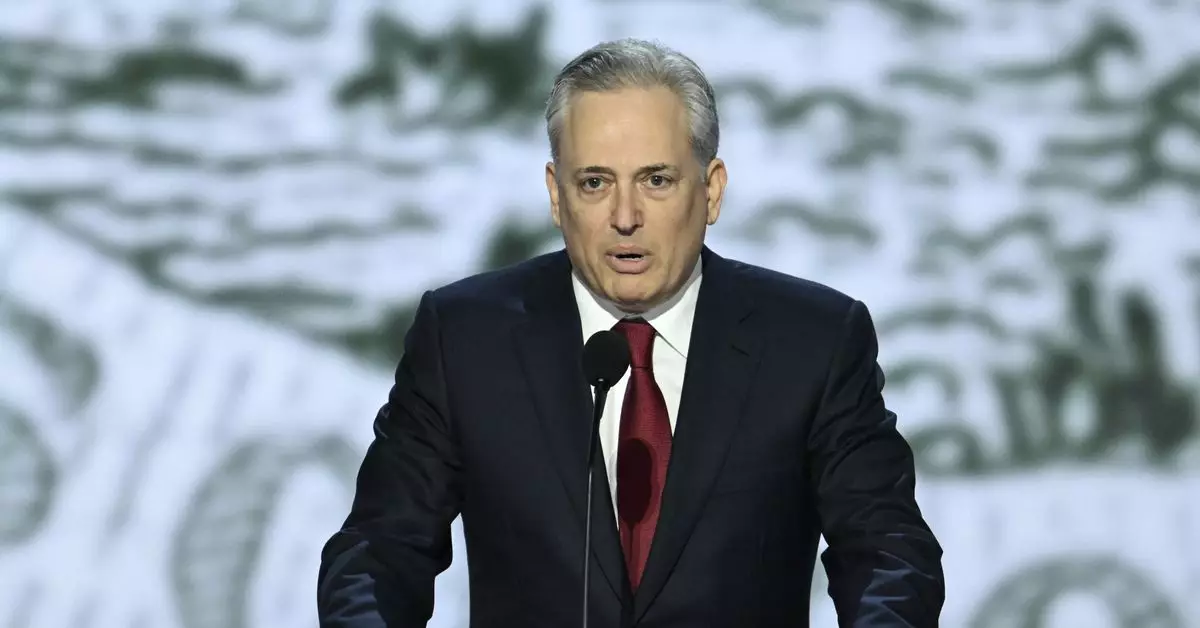The recent announcement of David Sacks as the “White House A.I. & Crypto Czar” under President-elect Donald Trump brings to light significant shifts in how technology sectors are anticipated to be integrated into governmental policy. With Sacks’ extensive background in technology and finance, primarily through his association with PayPal and the founding of Yammer, the administration is signaling its intent to prioritize artificial intelligence and cryptocurrency. These sectors are not just emerging fields but are positioned as cornerstones of future economic competitiveness.
Sacks’ responsibilities are expected to include the development of policies that will guide the Administration’s approach to these advanced technologies. His role will encompass ensuring that the United States maintains a leading position globally in innovation and regulation within A.I. and cryptocurrency. This responsibility indicates a strategic shift toward leveraging technological advancements as fundamental components of national policy. Ensuring clear legal frameworks for the crypto industry, in particular, reflects an understanding of the need for clarity and structure in a rapidly evolving marketplace.
Another notable aspect of Sacks’ appointment is his pledged focus on safeguarding free speech online. This claim resonates with a broader ongoing discourse about the influence of major tech companies on public discourse and the challenges associated with censorship. By positioning himself against what he terms “Big Tech bias,” Sacks appears to align with a section of the electorate that is increasingly wary of the power that tech giants hold over information dissemination.
This focus on free speech, while commendable, presents challenges in practice. The balance between regulating harmful content and protecting individual freedoms is a complex issue that demands careful consideration. Sacks’ ability to navigate these murky waters will likely be a crucial part of his legacy in this role.
Sacks joins other influential figures in the tech industry, notably Elon Musk, who has been appointed to head the “Department of Government Efficiency.” This trend of recruiting from the technology sector is indicative of a broader strategy to bridge innovative thought leadership with governmental functions. It raises questions regarding the blending of private sector interests with public governance—a factor that could shape policies in both artificial intelligence and cryptocurrency.
Furthermore, the appointment of former SEC Commissioner Paul Atkins emphasizes an increased focus on financial regulations and their intersection with technology. It appears Trump’s administration is keenly aware of the necessity of establishing a harmonious regulatory landscape that nurtures growth while still safeguarding national interests.
David Sacks’ new role represents a pivotal moment for the intersection of government and technology. As he embarks on this journey, the eyes of both the tech industry and the public will be closely watching how his expected policies will shape the future landscape of A.I. and cryptocurrency in America. Will his contributions foster a climate of innovation, or will they lead to increased scrutiny and regulation? The implications are vast, and the outcomes will be felt across various domains—economically, socially, and politically.


Leave a Reply